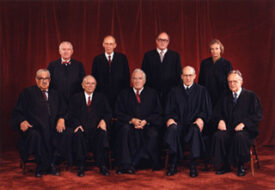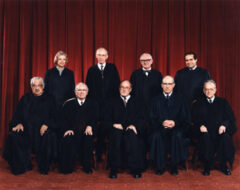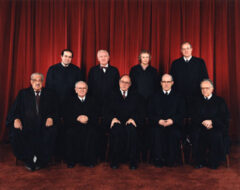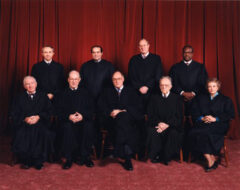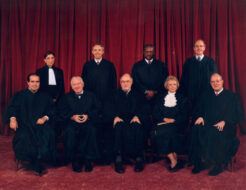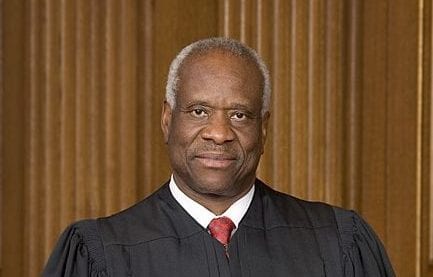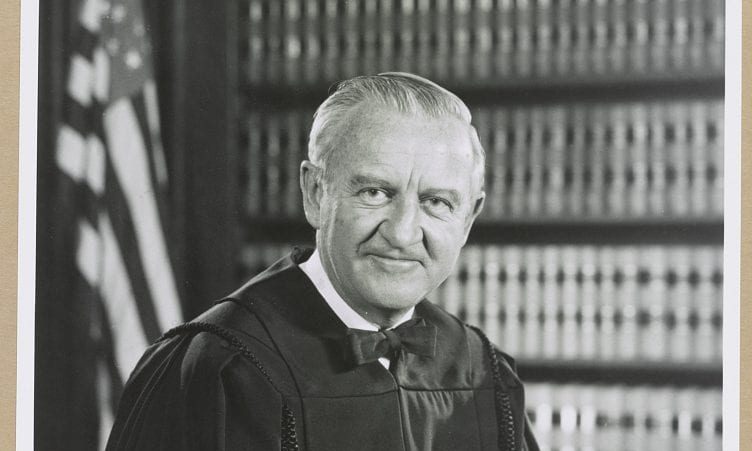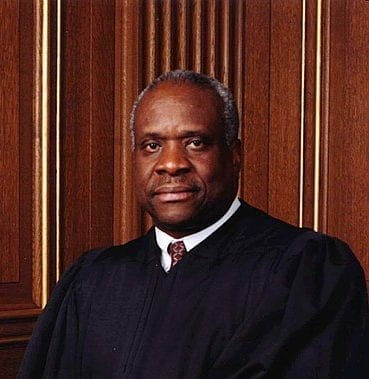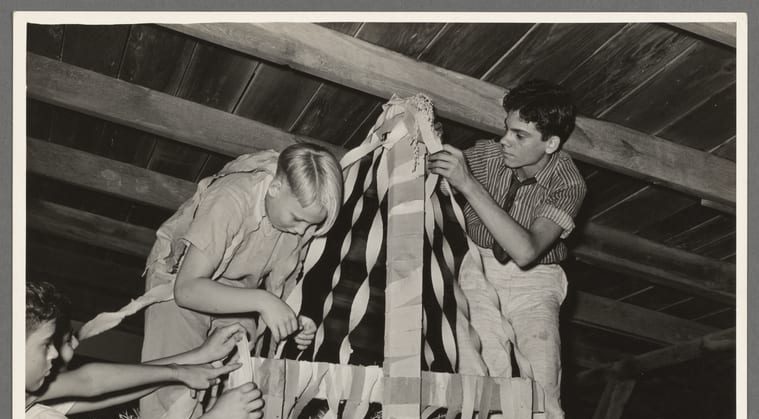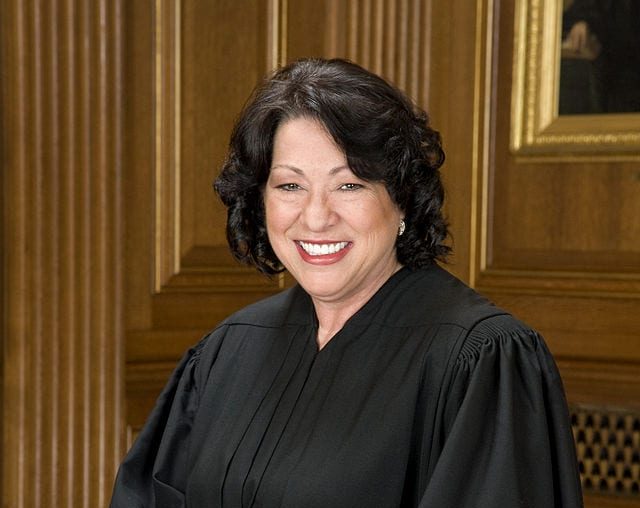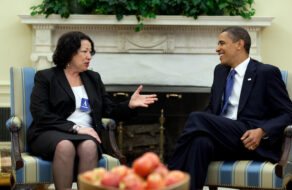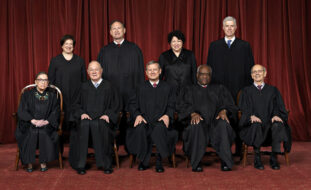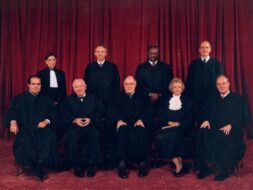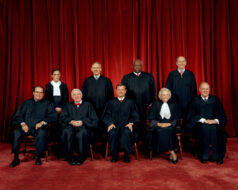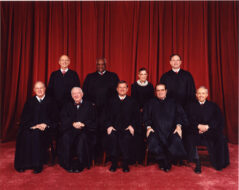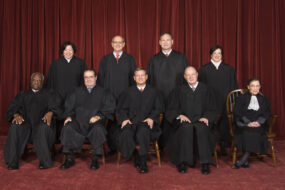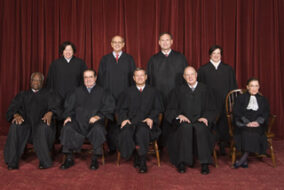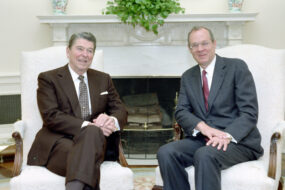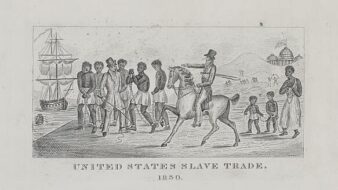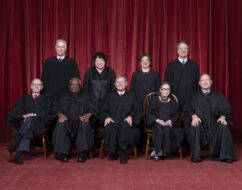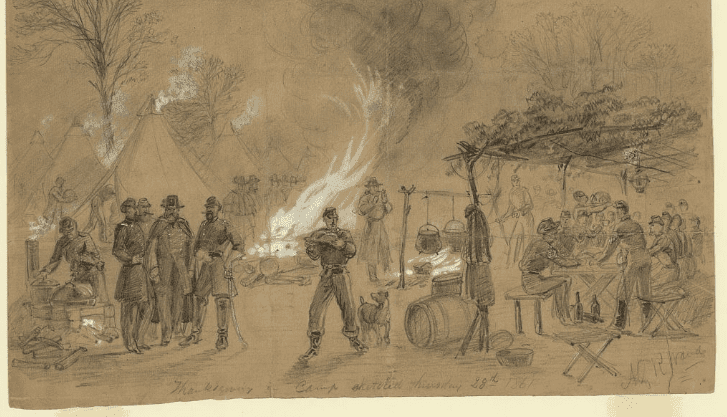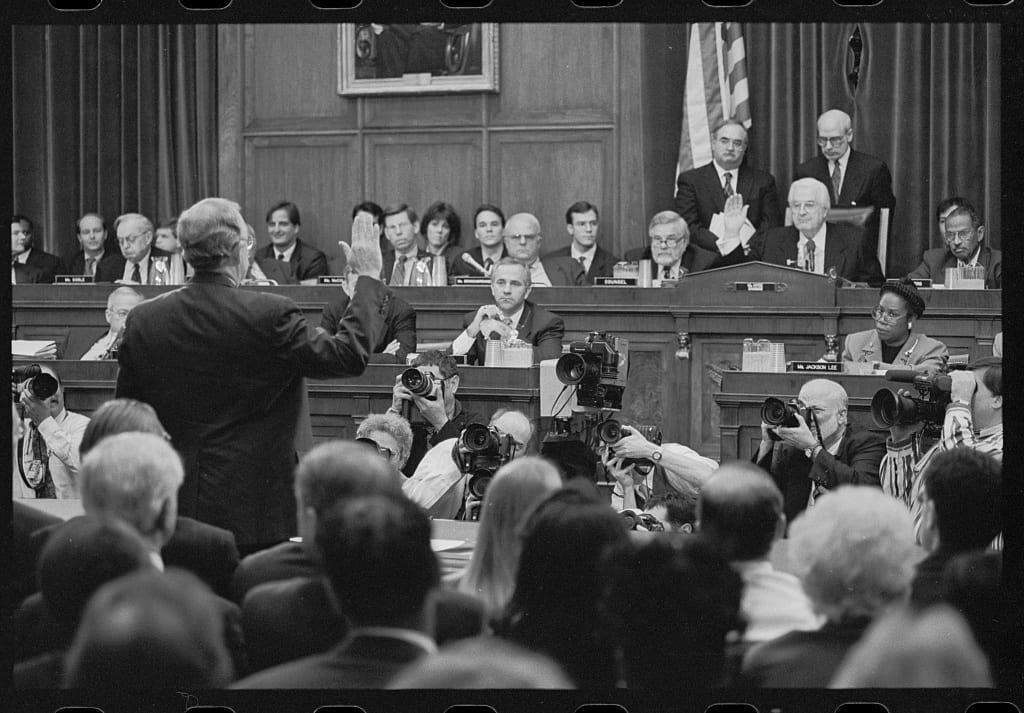
No related resources
Introduction
Elisabeth Elliott Gren (1926–2015) spent over a decade as a translator and Christian missionary in Ecuador during the 1950s–1960s. Gren’s writing career began in 1958 when she published a biography of her recently deceased first husband, Jim Elliott (1927–1956). The book included glimpses of their life together from their dating days at Wheaton College until just before his ill-fated attempt to engage with an isolated people in Ecuador. (Elliott was killed by members of the tribe he was attempting to evangelize. Gren later carried on her husband’s missionary work with the tribe.) While her intent was to focus on the need for all Christians to live their lives more selflessly and in submission to the will of God, Elliot’s dramatic narrative of her life as a faithful Christian wife under the most extreme circumstances quickly gave her authority to speak for the conservative side of the debate over gender roles. In this short piece, Elliott reflects on nearly thirty years of discussion and debate on the subject of gender roles in American Protestant Evangelicalism, and reiterates her commitment to what she describes as “Biblical Womanhood.”
Source: The Elisabeth Elliott Newsletter, November/December 1990.
Men, Women, and Biblical Equality
A few months ago a double-page advertisement with the above heading appeared in Christian magazines, containing a statement drawn up by seven Christian leaders, and signed by (if I counted directly) 164 others. It appeared to be a direct rebuttal to The Council on Biblical Manhood and Womanhood (MWBE)[1] which was formed several years ago. . . .
In the section on Creation, the MWBE advertisement states: “The word ‘helper’ (ezer), used to designate woman in Genesis 2:18, refers to God in most instances of Old Testament usage (e.g. Sam. 7:12; Ps 121:1,2). Consequently the word conveys no implication whatsoever of female subordination or inferiority.” That makes sense. The English word would convey no such implication either. But let’s not overlook texts which do clearly convey subordination (not to be confused or equated with inferiority of worth). While we know that the Lord is our Helper, and human helpers are often superiors (parents, teachers, coaches, public servants who hold political office), we also take for granted that a helper may be a subordinate (an assistant, a flunky, a go-fer, a servant). The Lord of the Universe Himself was willing to accept the status of a slave. The position in no way diminished His worth, much less did it cancel His lordship, but He did not consider equality something worth grasping (see Philippians 2:6).
It’s the idea behind the expression “biblical equality” that gags me. For years we’ve been told that biological sexual differences mean nothing beyond reproduction. Isn’t this anti-Christian? We look not only at the reality of physical things but beyond the visible to the invisible meaning. Research and logic have been twisted to support the idea of an “androgyne,” a wonderful new blending of masculine and feminine traits into a supposedly new human type. Unfortunately this concept has taken strong hold of theology, with vastly destructive results. It’s a hoax, of course, for the design (our respective human forms) is the vehicle of deep theological mysteries—the relationship between Christ and His bride.[2] The Genesis account shows clearly who was made first, and what God’s purpose was in creating Eve.
She was meant to be a helper. So far as I can see, this is not in the least demeaning—for her or for any of us who follow the Master. It is a privilege and a vocation. Much resentment has arisen in women’s minds because of the suggestion (strong in the advertisement and in nearly all feminist literature) that one’s position defines one’s worth, a grossly secular view. Ought not Jesus’ position (born in a cattle shed, raised in poverty, rejected by those to whom He came, then acting the part of the household slave when He washed the disciples’ feet, and, at last, forsaken by His nearest friends, bound and imprisoned and flogged and finally nailed to a cross) prove to us beyond any least doubt that there is no such equation? Was His worth impaired by these humiliations? He told His followers that whoever is chief is meant to be the servant of all. Why should we who have the high and holy calling of being His servants, ever protest for equality in the sacred realms of marriage, home, and church? These are not political arenas, for here a much higher law than the civil one is in operation, the law of love.
Most of what MWBE’s advertisement says I think most Christians would accept. It is what they have chosen not to say that disturbs me deeply. The section on Community deals with the Holy Spirit’s coming on both men and women; both have spiritual gifts. True enough, but were there not certain restrictions (for both men and women) placed on the use of these gifts? Is there no such thing as church order which manifests a heavenly hierarchy?
Why no mention of this? Hierarchy—that graduated splendor in which cherubim, seraphim, archangels, angels, saints, apostle, prophets, and martyrs have their divinely appointed places—is treated, in fact, as a bad word. Is not Christian marriage a mysterious representation of the ineffable love between Christ and His Bride? Must we insist on “mutual submission,” as does MBWE?
Years ago I heard Letha Scanzoni[3] lead a seminar on “Egalitarian Marriage,” in which she used Ephesians 5:21 (“Be subject to one another out of reverence for Christ”) as her proof text, omitting the following verses which spell out the specifics of that subjection (wives to husbands, children to parents, slaves to masters). During the discussion period I asked whether she saw any difference at all between a wife’s submission to her husband and his submission to his wife. The answer was no. “May I then reverse the nouns in the verses which follow?” Yes. So I began to read, “Husbands, be subject to your wives as to the church, for the wife is the head of the husband as the church is the head of Christ.” She stopped me. “Oh, you can’t carry the analogy that far.”
Well? Can we drain the analogy of its mystery? Can we infer nothing but mutual submission? May the Lord give to us, men and women alike, His sublime indifference to secular categories, and His perfect willingness to be subject to the Father—a subordination which did not end with His earthly life, as 1 Corinthians 15:28, 29 (JBP) so clearly shows: “When everything created has been obedient to God, then shall the Son acknowledge himself subject to God the Father, who gave the Son power over all things. Thus, in the end, shall God be wholly and absolutely God.” Yes, we are to “fit in with each other,” as Phillips[4] translates Ephesians 5:21. We are to sacrifice, give in, forbear, forgive. But is that all? Is there no special command to us wives? There is. “Wives, be subject to your husbands, as to the Lord” (Eph. 5:22). Why is this verse in the Bible? Why does the MWBE omit it? Well, they think it’s dangerous. Anything the Bible teaches can be dangerous, of course, if misconstrued, misunderstood, misapplied. It’s not our business to edit the Scriptures because they are often disobeyed. It is our business to obey, and to speak out for that obedience, no matter how we may be reproached for so doing and no matter how difficult we women (none of us was born submissive!) find it to be.
The word to husbands is far more difficult. They are to love their wives as Christ loved the church. This kind of love is radically sacrificial and radically cuts across a man’s nature (they were not born with any great desire to lay down their lives). Both husband and wife must be submissive and obedient to the will of God—he in loving, she in accepting his appointed headship. Jesus found His very meat in submission. It is the route to fulfilment and joy. To aim at a mere fifty-fifty accommodation of each other is a half-hearted way of pretending to obey. It is not the love of Christ and the church. It does not demand that kind of sacrifice.
Men have disobeyed by misusing their authority, and women have disobeyed by refusing it. We are not therefore at liberty to drain the word headship of its obviously hierarchical meaning. Let’s be careful not to overlook the all-important as: “Wives, be subject to your husbands as to the Lord, for the husband is the head of the wife as Christ is head of the church” (Eph. 5:22, 23). In what sense is Christ head of the church? It’s a physical metaphor Paul is using. Is not the human head of the human body the part from which all other parts take orders? Yes, I’ve read pages and pages of arguments about that Greek word kephale.[5] Some would insist that it means only source and carries no thought of authority. But I insist that metaphors are metaphors and they mean more, not less, than the mere words could mean in another context. One wonders if these humorless, nearsighted, nit-picking, theological pedants have ever read a book in their lives! . . .
No wonder churchgoers are bored and men don’t know how to court women anymore and marriages are dissolving. God’s arrangement of things (so much more fascinating than “equality”) has been discarded. A concern for fairness doesn’t fit in at all with the concept of sacrifice. It is in suffering and sacrifice, willed and accepted because of a deep and disciplined love, that the still, small Voice[6] is heard: Lose your life for Me and find it! It is in losing ourselves that the ego is transcended and real happiness discovered. One can’t help trying to picture what this “biblical equality” looks like at the breakfast table, in the bedroom, or when it’s pouring rain and two separate but equal spouse have to decide whose turn it is to race through the parking lot and bring the car to the door of the restaurant. It has never occurred to Lars to allow a discussion about this. He is my protector (and, of course, my helper here), which means he’s the one who gets wet! . . .
As Mrs. Bush[7] said in her commencement address last spring to the women of Wellesley, feminists must not indulge in self, but must “believe in something larger than yourself.” In a rebuke to the ill-humored feminist leadership . . . she told them that, first and foremost, “life really must have joy.”
Something larger than yourself. That’s what we need, isn’t it? A much grander vision of things than politics can ever provide, busy (as it must of necessity be) about terribly banal things like rights and equality. God forbid that we Christians should introduce politics into marriage or the church. A glad surrender to the divine order is like a dance—one leads, one follows, each by his or her obedience freeing the other to do what God assigns. There is harmony then, true liberation, and peace. I know. I’ve tried it both ways (my way more often than I like to remember), and only God’s way works.
- 1. Organized in 1987, the MWBE sets forth the teachings of the Bible about the complementary differences between men and women.
- 2. the church; see Ephesians 5:22-33
- 3. Letha Scanzoni (1935–) writes about religion and social issues.
- 4. J. B. Phillips (1906–1982) translated the Bible into modern English.
- 5. Kephale is the Greek word for head.
- 6. 1 Kings 19:12
- 7. Barbara Bush (1925–2018), wife of then President George H. W. Bush.
Gregory v. Ashcroft
June 20, 1991
Conversation-based seminars for collegial PD, one-day and multi-day seminars, graduate credit seminars (MA degree), online and in-person.







